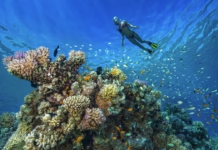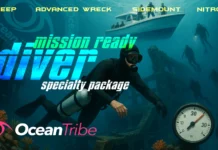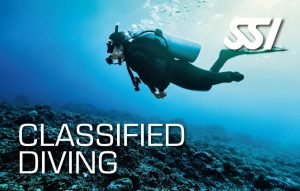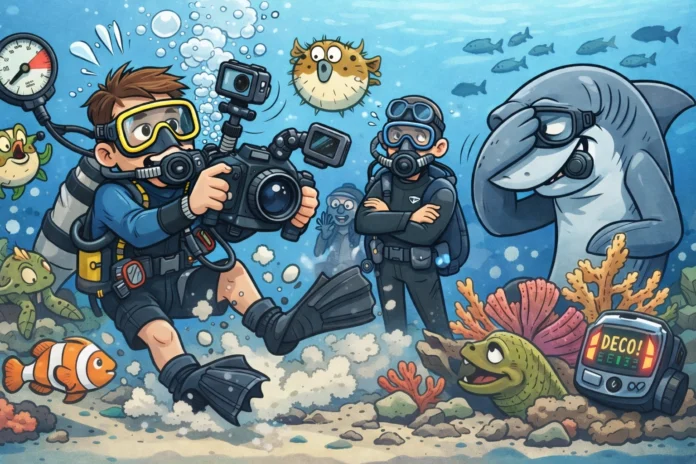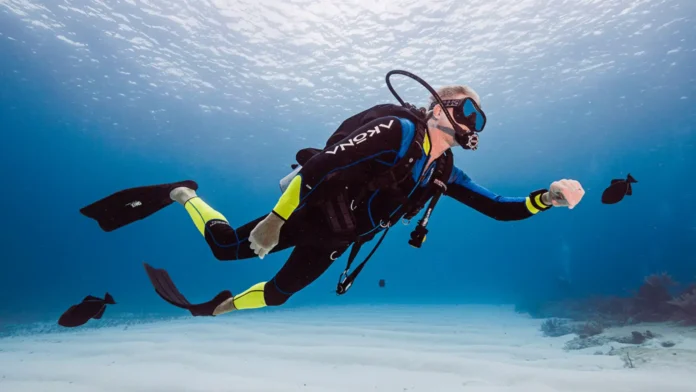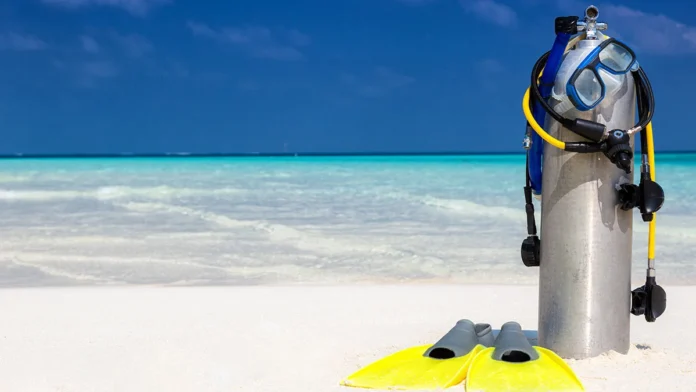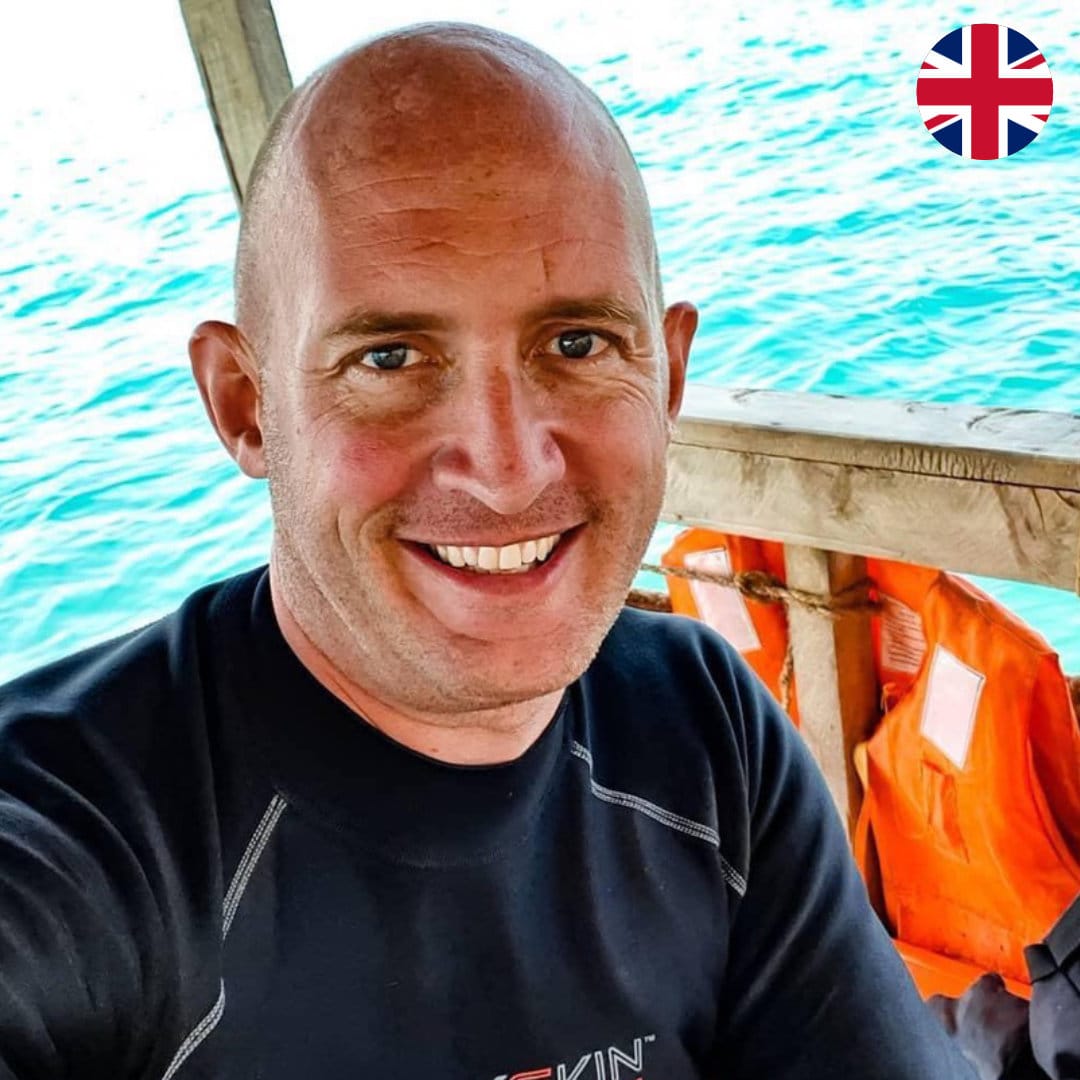Becoming a diving instructor on your gap year sets you up for the future. It gives you a global job, real responsibility, and skills employers value. It also lets you keep diving for life. If you want purpose, adventure, and a standout CV, becoming a diving instructor on your gap year is a great idea.
Work And Travel While You Learn
As a qualified instructor, you can work around the world. You can spend your gap year in warm-water destinations and earn as you explore. Later, you can return during university breaks and pick up seasonal work. Resorts, liveaboards, island schools, and expedition programs all hire instructors. You get a flexible career you can dip in and out of as your studies allow. You also build a global network of dive pros who help you land the next role.
Turn Passion Into Purpose
If you love the ocean, teaching amplifies that passion. You will introduce new divers to a world they have never seen. Students remember the person who first took them underwater. You become the reason they travel more, care more, and protect more. That is rewarding. It also keeps you motivated to dive often and to keep learning.
Transferable Skills Employers Notice
Public speaking becomes second nature. You brief dives, explain risks clearly, and speak to mixed groups. You learn to hold attention and make complex ideas simple. That confidence carries into classrooms, interviews, and presentations at university.
First aid instruction builds authority. Many instructors also qualify to teach CPR, first aid, and oxygen administration. You learn to run structured lessons, assess learning, and coach skills that matter. These credentials are valued in outdoor education, hospitality, events, and student leadership roles.
Problem solving under pressure shows maturity. Diving teaches calm, methodical thinking. It will see you planning gas, weather, and logistics. Handling surprises in the water and on the boat. You will learn to fix issues without drama and to escalate when needed. Employers trust people who can make good decisions when it counts.
Leadership and teamwork come with the job. As a dive instructor you will direct boat crews, guide customers, and coordinate safety. You learn to manage diverse personalities and cultures. You also learn when to lead from the front and when to support quietly. That balance makes you effective in any team.
Make A Real Difference For People
Teaching diving changes lives. Starting with helping nervous beginners take their first breaths underwater. You support students as they master new skills. You watch confidence grow week by week. Many will credit you for a life milestone. That impact feels good and keeps you engaged.
Become Part Of Ocean Conservation
Becoming a diving instructor on your gap year is more than teaching skills underwater. It’s also about shaping how people interact with the ocean. Every time you brief a group of divers, you have the chance to set standards that protect fragile marine ecosystems. You’ll teach buoyancy control so students avoid damaging coral, explain why touching or collecting marine life harms the reef, and promote reef-safe sunscreen and eco-friendly diving practices.
As an instructor, you’re not just creating divers. You’re creating responsible ocean ambassadors. Your students will take these habits home with them and continue to share them long after their holiday is over. This ripple effect means the positive impact of your teaching extends far beyond one dive trip.
At Ocean Tribe, many instructors also expand their role by teaching SSI Ecology Programs, which cover sharks, turtles, manta rays, coral, fish identification, and marine conservation. These courses give divers deeper knowledge of the underwater world and help them appreciate the need to protect it. Teaching ecology specialties adds another layer of meaning to your gap year, because you’re actively helping to build awareness and action for ocean health.
Conservation also goes beyond the classroom. Instructors often join local beach clean-ups, marine park projects, or citizen science initiatives such as fish counts and coral surveys. You may find yourself working alongside NGOs, marine biologists, and local communities to make a difference. These experiences enrich your gap year and give you credible conservation experience you can showcase at university or in future careers.
The best part is that conservation becomes part of your daily work. Every dive briefing, every reef lesson, every ecology course makes a difference. By becoming a dive instructor, your gap year is not just about adventure—it’s about actively protecting the very environment that makes diving so special.
Bring Diving Back To University
Arrive at university with serious skills. Help run pool try-dives with a local dive center. Present ocean ecology talks to societies. Organise club trips and mentor new divers. You become the go-to person for underwater adventures. That builds your social circle and keeps your skills sharp between terms.
Keep A Lifelong Pastime
Diving lasts a lifetime. You can keep teaching, guiding, or just exploring for fun. To expand your skills you can branch into specialties like deep, wreck, night, or sidemount. You can travel to new regions and keep progressing. The community is welcoming and international. Once you are in, you are never short of dive buddies.
A Clear Pathway From 18+
You can start at 18 and progress quickly. The common pathway is Open Water, Advanced-level training, First Aid and Oxygen Provider, Stress & Rescue, and Divemaster. With solid dive experience logged, you move into the Instructor Training Course and the Instructor Evaluation. Many motivated gap year students reach instructor within a single season. If you are already certified, you advance faster.
Where You Can Work On A Gap Year Or During Breaks
Warm-water regions offer steady entry-level roles. Think the Red Sea, East Africa, Indian Ocean islands, Southeast Asia, the Mediterranean and the Caribbean. Summer seasons in the Mediterranean and Atlantic also work well for university breaks. Liveaboards hire for longer blocks. Resorts hire for peak months. Your instructor rating opens these doors.
What It Costs And How To Fund It
Training is an investment. You pay for courses, materials, and instructor evaluation fees. You also need insurance and basic kit. Once you start guiding or assisting, you earn while you build experience. Later, instructor work helps you recover your training costs.
Safety, Standards, And Professionalism
At 18, professionalism matters. As a diving instructor you will follow the agency training standards. You teach only what you are certified to teach, with a recognized agency. You always put safety first. This builds trust with employers and customers. It also protects your reputation and your future.
How To Get Started
Set your goal to become a diving instructor on your gap year and start building your career from day one. At Ocean Tribe in Diani Beach, Kenya, we run professional Dive Instructor Internships designed to take you from beginner or intermediate diver all the way to qualified instructor. You gain real-world teaching experience, daily mentoring from an award-winning Instructor Trainer, and the chance to live and train in one of the most vibrant marine environments in East Africa.
Our internships are flexible and tailored to your starting level, whether you are just completing your Open Water Diver or already certified as a Divemaster. As you progress, you will log dives in Kenya’s best reefs, learn to guide groups, master dive theory, and develop the teaching and leadership skills needed to succeed as an instructor anywhere in the world.
What makes this pathway perfect for a gap year is that you don’t just leave with a certification—you leave with employable experience and a job-ready qualification. By the end of your internship, you can work worldwide, pick up seasonal jobs during university breaks, or continue a long-term diving career. It’s a launchpad into both adventure and professional growth.
The Bottom Line
Becoming a diving instructor on your gap year gives you freedom, purpose, and employable skills. Learn to speak, teach, lead, and problem-solve. You earn while you travel. You bring those skills back to university and beyond. Most of all, you gain a lifelong connection to the ocean and a community that spans the world. If you want a year that changes your life and your future, start your instructor journey now.







